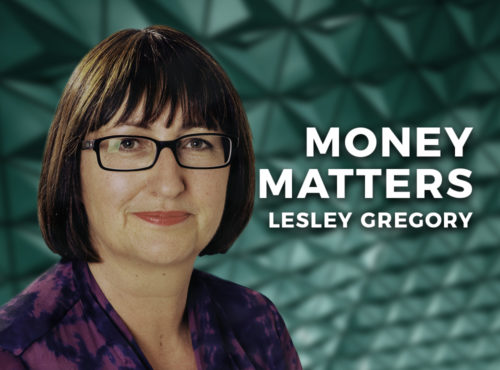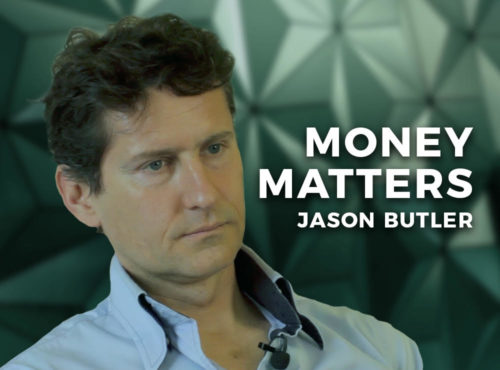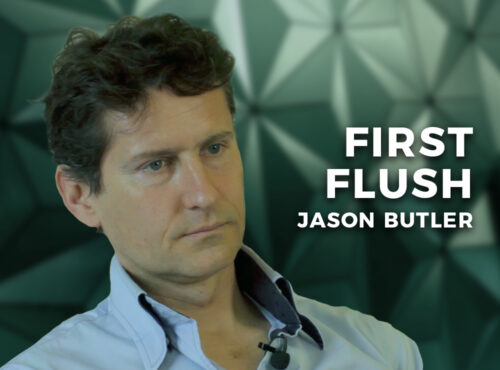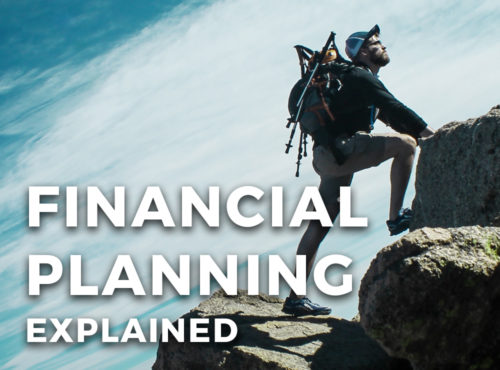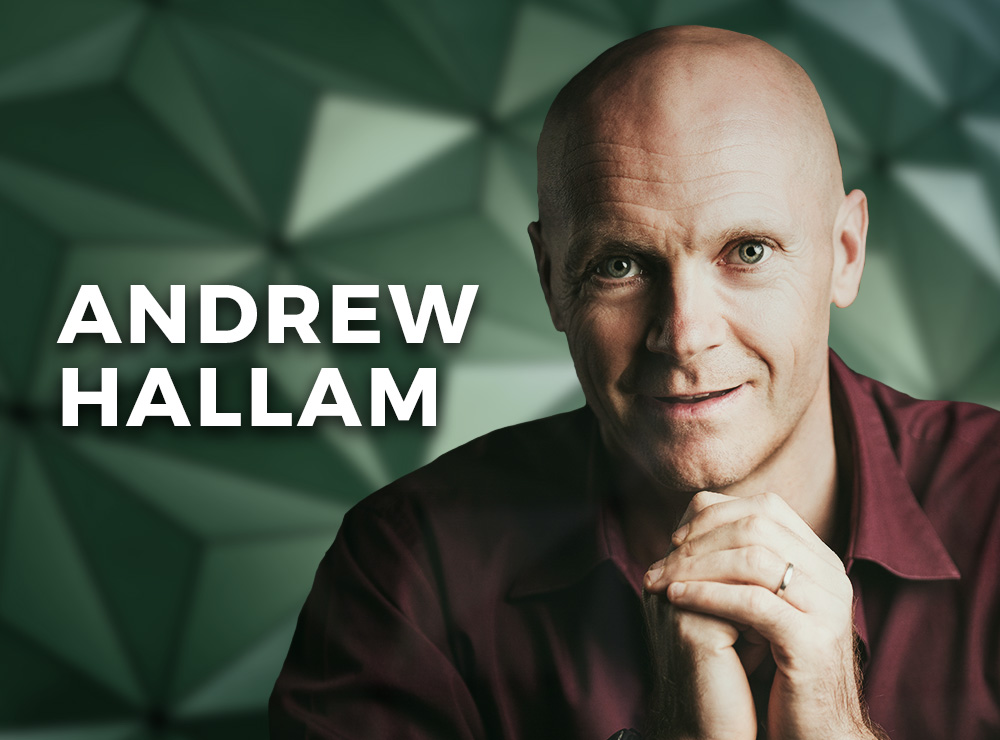
By ANDREW HALLAM
“Don’t flail your arms when you’re near the sharks,” warned the instructor. Steve Cronin, a longtime scuba diver, had never swum near sharks before. But his girlfriend figured a ticket into one of the world’s largest aquariums — one that happened to be filled with tiger sharks — would make a fine birthday gift.
“I clung onto a rock for dear life,” recalls Steve, “while these amazing beings slowly drifted by, barely an arm’s length away. We looked each other in the eye. There are virtually no other places in the world where you can see so many giant fish in close proximity.” Steve’s girlfriend paid $162, so he could swim with those massive jaws.
Most people, I’m guessing, wouldn’t want to swim with giant sharks. But that’s not the point. Instead, Steve’s girlfriend bought him an experience that he’s never going to forget. That’s one of the secrets to happy spending. We all know that money doesn’t make people happy — but how we spend it might.
Beware the sugar fix
For example, studies show that when we buy the latest iPhone, a new car or a giant television, it’s much like a sugar fix. It feels good, short-term. But it doesn’t take long before that high feeling drops. Before long, the iPhone that you might have waited hours in a line to buy becomes… just another phone.
This is known as the “hedonic treadmill”. When we spend money on a material item, its magic quickly runs thin. Often, that causes us to buy something better, to fill that empty void. But that just causes the cycle to repeat.
Toys under the Christmas tree
Some people learned this when they were kids. Think back to those toys under the Christmas tree. How many weeks did it take for us to stop playing with them? In many cases, by the time we were back to school, after the Christmas break, they represented plastic clutter that we almost never picked up again. In other words, that sugar-like high didn’t last long.
Studies show that adults aren’t any different. Elizabeth Dunn is a psychology professor at the University of British Columbia. In 2013, she teamed up with Harvard professor Michael Norton to publish Happy Money, The Science of Smarter Spending.
Bigger houses and faster cars
They referenced several studies showing the hedonic treadmill’s sugar fix in action. For example, researchers in Germany tracked thousands of people who upgraded their homes between 1991 and 2007. Five years later, those surveyed said their upgraded homes didn’t increase their overall levels of happiness.
Researchers at the University of Michigan found something similar with cars. Many of us upgrade our cars to improve our driving experience. But it doesn’t take long before that new car is, well… just another car. We get used to new things quickly, and they rarely produce a lasting effect.
What will you remember when you’re old?
For example, imagine spending $30,000 twice. On one occasion, you buy something material. It might be a new car, an upgraded basement or a new bathroom. Or, you might spend that money upgrading every electric/ tech gadget in your home: new computers, televisions, microwaves and phones.
Now imagine spending $30,000 differently. You might take a trip around the world with some loved ones. You might charter a boat for a couple of weeks and take your best friends. You might chose to hike to Mt. Everest’s base camp, followed by a fully guided Himalayan hike for you and your family.
Years later, when you’re old and reflecting on your life, what stories will you fondly tell? What moments will you remember? Will you say, “Wow, I bought a great iPhone back in 2020. Do you want to hear about it?”
Or, will you reflect on the experiences you had? Elizabeth Dunn and Michael Norton say it’s the latter.
Spend money on experiences
Money that we spend on experiences boosts our happiness. It impacts us, far longer, than the money we spend on things. Steve Cronin knows that.
The money his girlfriend spent on his shark-diving moment created a lasting memory. Arguably, no material purchase would leave such a long impression. I’m just glad that Steve lived to tell the tale.
ANDREW HALLAM is the author of the bestseller, Millionaire Teacher and Millionaire Expat: How To Build Wealth Living Overseas.
Here are some other recent articles of Andrew’s that we’ve published on TEBI that you may be interested in:
Plenty of people would fire this amazing money manager
Don’t leave your best investor on the subs’ bench
Why new investors have irrational fears

